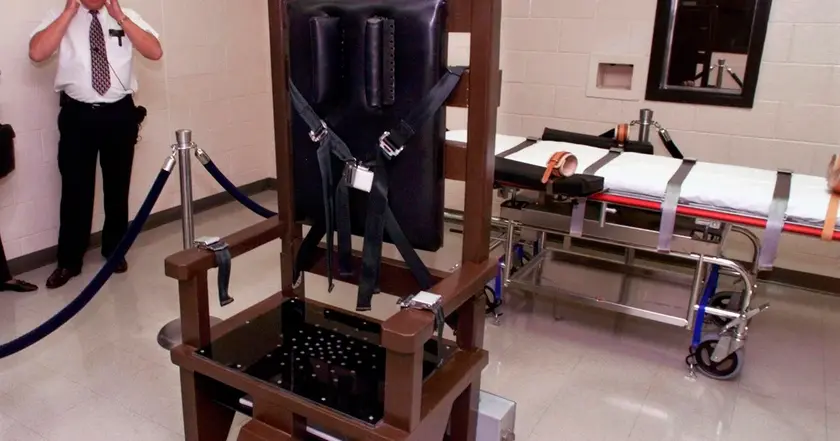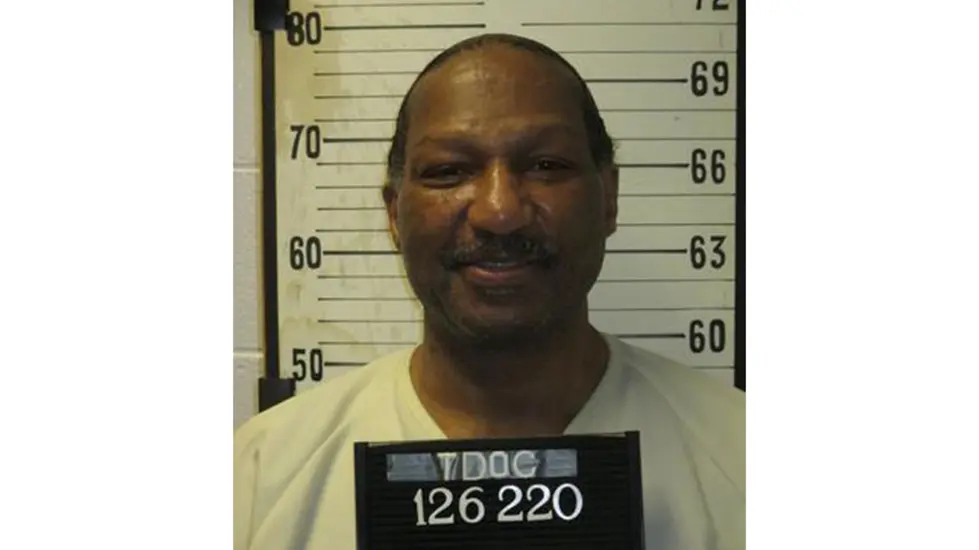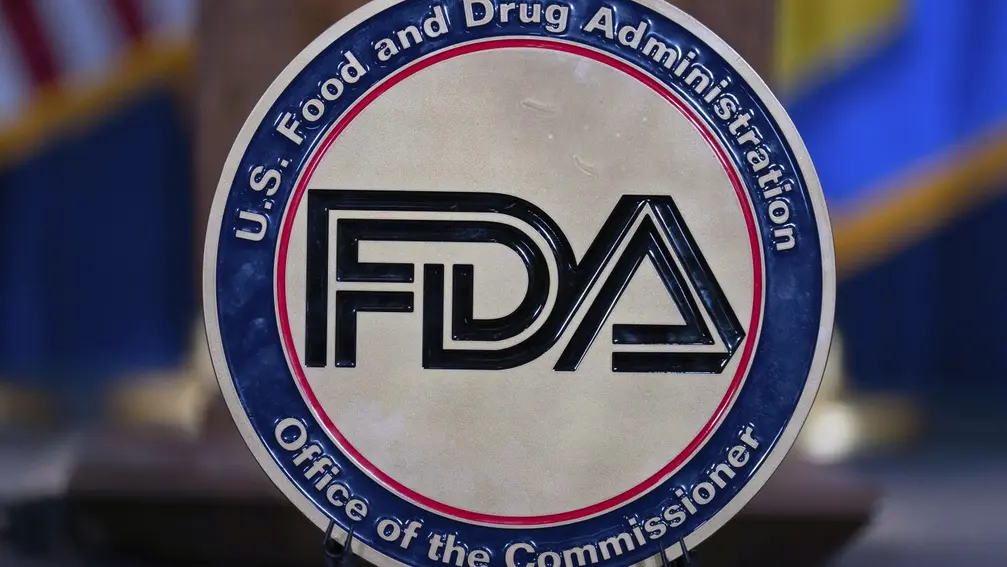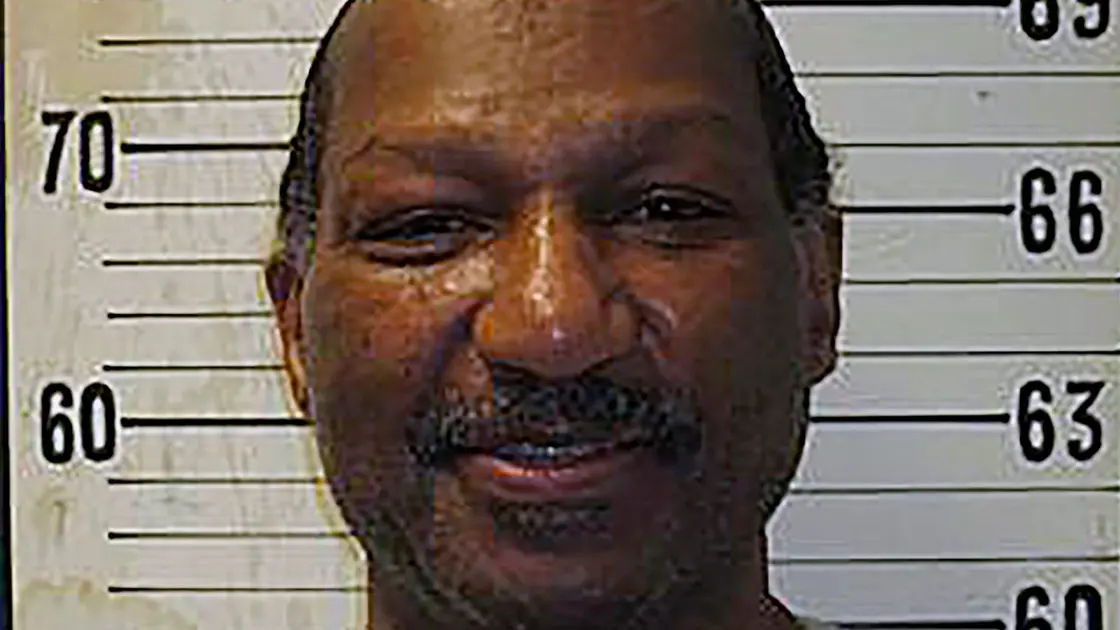T4K3.news
Tennessee executes inmate amid health concerns
Byron Black was executed despite a defibrillator, raising ethical questions.

This execution raises serious ethical and legal questions regarding the use of medical devices.
Tennessee executes Byron Black amid concerns over defibrillator
Byron Black was executed in Tennessee at 10:43 a.m. on Tuesday, despite concerns over his implanted defibrillator. Witnesses reported that he expressed significant discomfort shortly after the lethal injection began. Black, who was 69 and wheelchair-bound due to a range of serious health issues, had been involved in legal disputes concerning whether officials needed to deactivate the device to prevent potential shocks during the execution. The state Supreme Court intervened to allow the execution to proceed without the deactivation, rejecting claims that Black would experience unnecessary pain. This case is notable as it marks a rare instance of an inmate challenging the repercussions of having such medical devices during an execution. Black had been on death row since his conviction for the 1988 murders of three people, including his girlfriend and her two daughters. His execution follows a five-year pause in the state's executions and adds to a significant increase in U.S. executions this year.
Key Takeaways
"Witnesses reported Black saying he was hurting so badly as the execution began."
This highlights the immediate distress experienced by Black during the execution process.
"The state disputed that the lethal injection would cause Black’s defibrillator to shock him."
This statement reveals the state's position on the execution's method and its impact on Black's health device.
"Most medical professionals consider participation in executions a violation of healthcare ethics."
This points to the growing discord between medical ethics and state execution protocols.
"Legal challenges over Black’s intellectual disability reflect ongoing debates about death penalty eligibility."
This indicates the complexities within legal frameworks surrounding capital punishment.
The execution of Byron Black highlights the ethical complexities of capital punishment, especially when health impairments and medical devices come into play. The court's decision to allow the execution without deactivating Black’s defibrillator raises critical questions about the humaneness of such processes. Black's case reflects a broader issue in the discourse on the death penalty, involving not just the legality of executions but also their ethical implications regarding physical suffering. As the number of executions rises across the country, scrutiny over their methods continues to intensify, potentially stirring public debate about the future of capital punishment.
Highlights
- Executing Byron Black without deactivating his defibrillator raises serious ethical concerns.
- This raises a crucial question: can the death penalty be humane with such medical devices involved?
- As executions increase, the question of ethics becomes even more pressing for society.
- How does one reconcile the use of lethal injection with the risks posed by an implanted defibrillator?
Concerns over the ethics of execution methods
The execution of Byron Black raises significant ethical questions about the use of medical devices during lethal injections and potential suffering inflicted on inmates.
Future discussions on execution methods and ethics are likely to evolve in light of this case.
Enjoyed this? Let your friends know!
Related News

Tennessee moves forward with controversial execution

Tennessee executes Byron Black amid health concerns

Tennessee executes Byron Black despite health concerns

Tennessee inmate executed despite health concerns

Tennessee prepares for execution of Byron Black with medical concerns

Tennessee executes Byron Black despite health risks

FDA appoints new leader for drug evaluation

Byron Black executed while having working defibrillator
